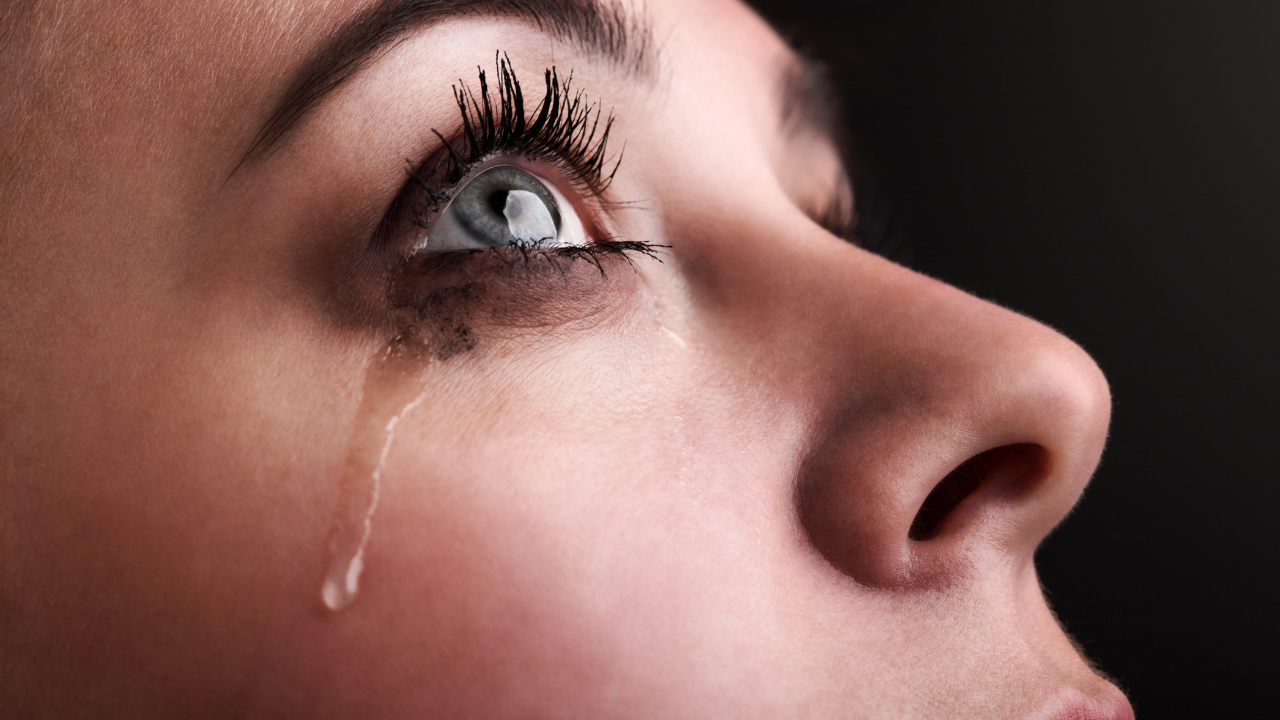Why is it so hard to quit drinking?

I had a million reasons to have a drink. It took the edge off a bad day. It helped me to fit in and be social. It numbed feelings of sadness and loneliness. It cured boredom. It helped me sleep. It gave me energy. I could go on and on. Whatever the reason, alcohol was the Holy Grail to whatever ailed me.
Can you relate?
But what is really going on?
Unlike someone who drinks in moderation, people who become addicted all share one thing in common -- brain chemistry begins to change. An addicted brain is a hijacked brain.
Your brain is hijacked
An addicted brain impacts how you think and feel and needs alcohol to feel normal, thus the addiction cycle. It starts with the thought of having a drink, followed by a drinking spree, then bouts of guilt and shame, followed by more drinking. This cycle repeats over and over, progressively worsening until you stop it.
Alcohol is a depressant
That relaxed feeling you experience when you have a drink is due to chemical changes in the brain. Having a drink can make you feel confident and less anxious as the brain begins to suppress the part of the brain associated with inhibition. However, as missed appointments, broken promises, and other consequences begin stacking up, your long-term mental health is negatively impacted.
You need alcohol to feel good
When alcohol enters your system, it over-stimulates the brain’s “reward” circuit, and produces surges of dopamine. This flood of dopamine causes the “high” you feel when you drink or take other drugs and leaves you with a strong memory of the pleasure you experienced. When you quit, these changes are still present, and it takes time for your brain to adjust. This helps explain why you may feel sad, how your ability to experience pleasure may be reduced, why relapse is common in the first year, and why it is good to have support.
The compulsion
When you have an addiction, the compulsion is almost impossible to ignore. It is like being on a diet and wanting to eat chocolate cake, but all you can think about is that damn piece of chocolate cake, times a thousand-fold. Repeated alcohol and other drug use “reset” brain circuits, like flicking a switch, toward compulsive behaviour so that a person’s control over the desire to drink is compromised, despite devastating consequences.
So, if you have a hard time quitting drinking, please stop beating yourself up. You are not a failure because you haven't been able to stop. It is not about willpower or not being a good person. You have a hijacked brain. The good news is the minute you quit drinking your brain chemistry begins to change and stabilize. But remember, this takes time, and requires patience, support, and self-care.
P.S. Please let me know if you relate to this. If yes, comment below and let me know what resonates.
Do you need help quitting drinking? My GendHer® program will help.
Next GendHer Intake
Keep me updated

